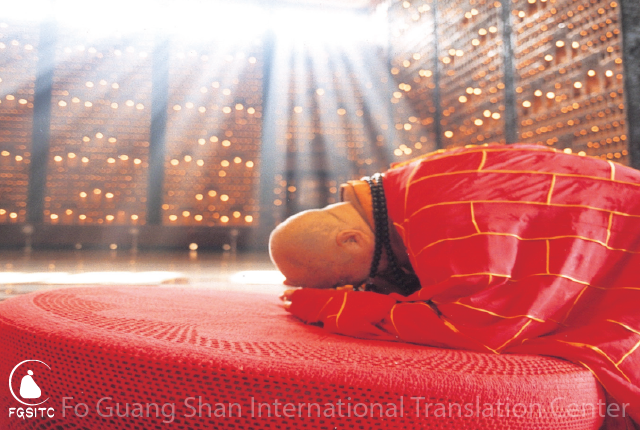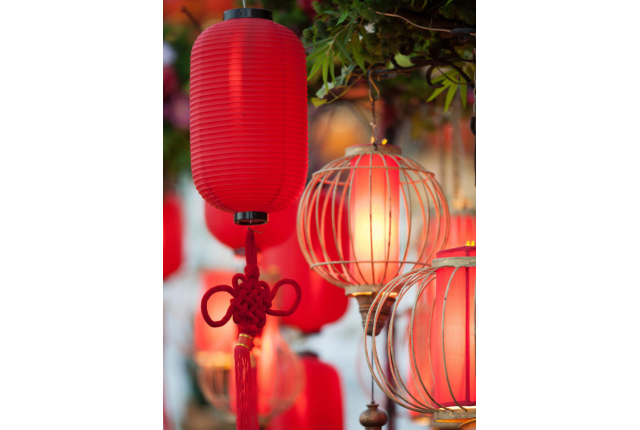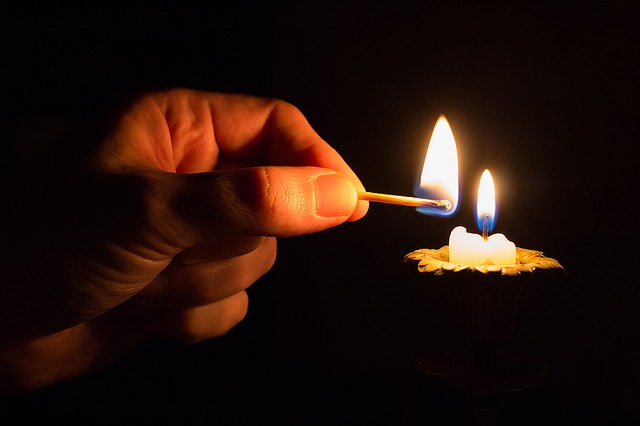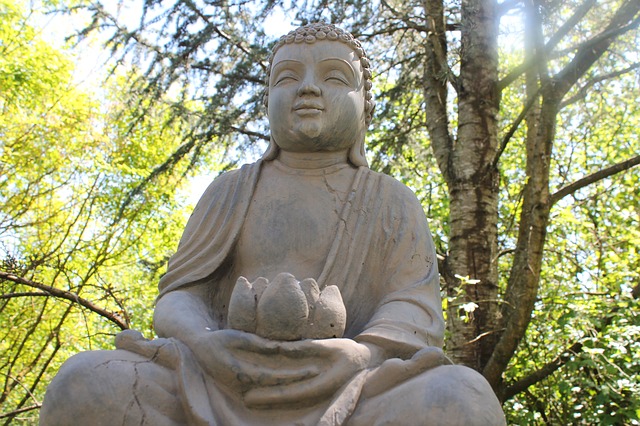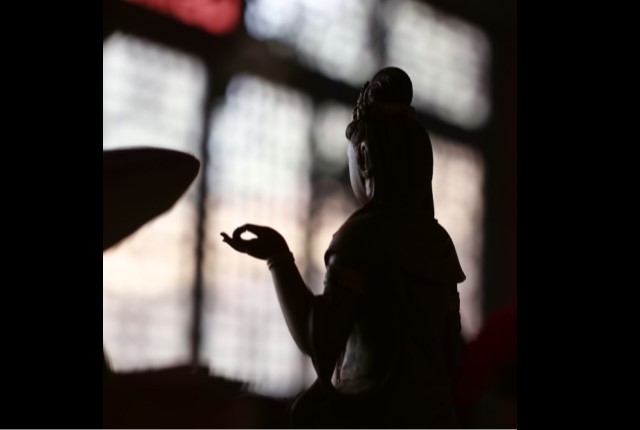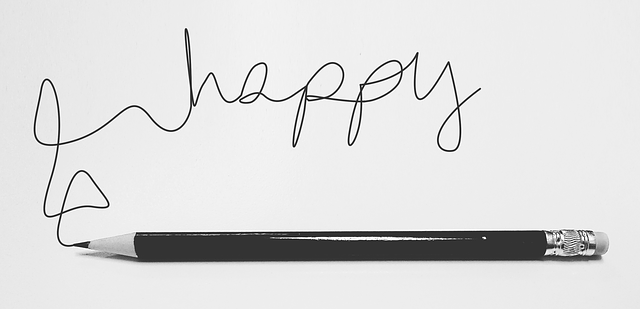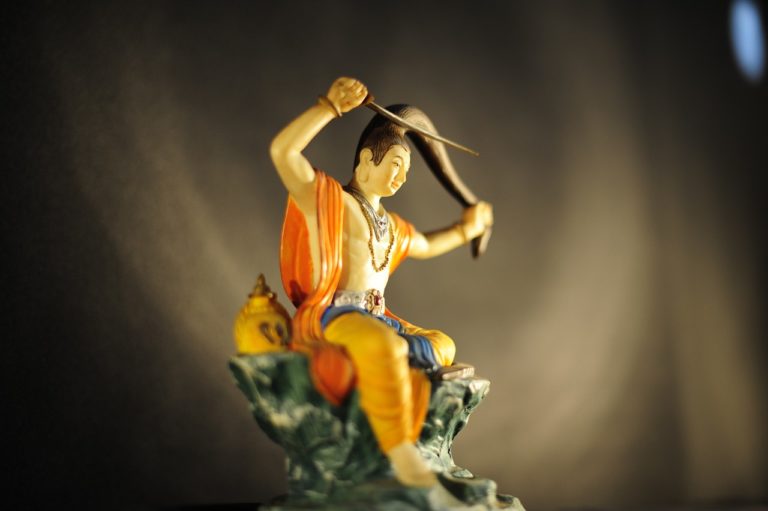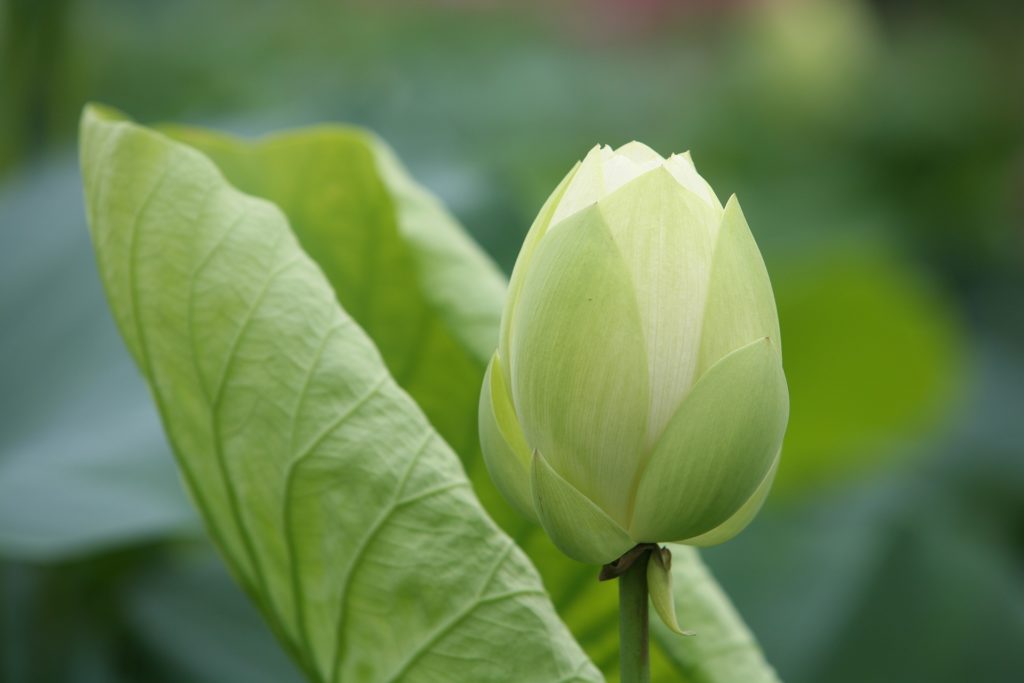
“To bear disgrace and insult” is the most important virtue a person can possibly cultivate, because the ability to forbear is enormously powerful, since a moment of anger can destroy an entire lifetime of merits.
By restraining our emotions, we have a better chance of avoiding confrontation and gaining control of the situation at hand. Otherwise, our minds will be clouded and our judgment impaired. We must understand that in forbearance, we have an opportunity for greater achievement, because if we cannot forbear in small matters, how can we be destined for great undertakings?
In today’s society, people often mistake forbearance for cowardice. Therefore, the inability or unwillingness to forbear anger has become a source of social and family violence. All too often we have seen a simple quarrel turn into a major gunfight, or a plain argument into a regrettable tragedy. Spousal abuse, child abuse, and drive-by shootings result from the inability of people to control their emotions. If people can withhold their anger for even a moment and let their emotions settle, they would reap unimaginable benefits. If people could see the merit in forbearance, tragedy and personal losses would be minimized. Therefore, if we want to have peace and order in our lives, reason must prevail over negative emotions.
What does it mean to forbear? It is not very difficult for most of us to endure a moment of hunger or thirst. It is not very hard for most of us to bear the heat of summer or the cold of winter. However, it is very difficult for most of us to forbear anger. Even great men and women of history have succumbed to such a fate. By losing control of their emotions, many lost their ability to perceive things clearly and made irreversible mistakes that changed the course of history and profoundly impacted the lives of many generations. Therefore, the decision to forbear or not to forbear is a determining factor in one’s ultimate success or failure. If we wish to be successful in our undertakings, we must learn to hold back our emotions and be as thoughtful as possible in our actions and reactions.
To forbear is indeed an act of courage and not a symbol of cowardice. It takes great effort and resolution to endure pain and hardship. It requires tremendous confidence to bear insult and disgrace without a hint of retaliation or self-doubt.
In today’s society, our willingness to tolerate and accept those who are different from us will not only promote social harmony, it will also help to prevent needless tragedy.
In order for us to practice the virtue of forbearance, we must have strength, wisdom, and compassion. We must be willing to settle differences or disputes by means of reason and kindness. We must believe in tolerance and restraint as signs of goodness and bravery. Therefore, if we want to succeed in life and bring about a more peaceful world, we must learn to control our emotions and not to be affected by a moment of anger.
This article was originally published in All in a Thought, written by Venerable Master Hsing Yun.
Image from Pixabay.


